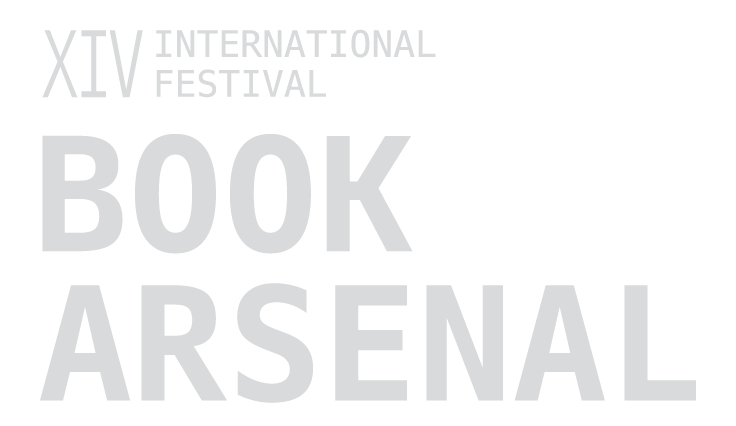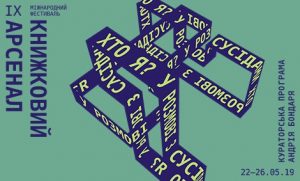Every writer first of all answers the question “Who am I?”. This is the main question contained in all their words, images, forms, contents, styles, and rhythms; however, it may not be and often is not outlined specifically. The question “Who am I?” is placed between letters like invisible cement. It cannot be neglected, because it will manifest itself sooner or later, and it cannot be avoided, because others will see it anyway, and it is impossible to speak without it as well as to keep silent.
It’s no doubt that the question “Who am I?” is related to one’s world view and attitude to the Other, the one who is near: over the wall, fence, street, border, continent, religion, nationality, and gender. And this is the attitude to the Other which gives the answer to the question about yourself.
“Who am I?” and “Who are you?” are the questions we ask simultaneously. You have neighbors and, at the same time, you are a neighbor yourself. Human life does not provide for other forms of coexistence. People are doomed to each other. Individuals are doomed to group actions and decisions. Groups coexist with other groups. And when they collide, beliefs and stereotypes are born.
Beliefs and stereotypes cause hostility and indifference. And this is only our awareness of the Other that can cause interest and sensitivity. What exactly do we have more inside – hostility and indifference or interest and sensitivity? We can find out this only after answering both questions: “Who am I?” and “Who are you?”. One can live in the illusion of peaceful multicultural coexistence, and then, for example, after a certain historic catastrophe, reveal that this was a usual indifference without any attempt to understand. And it is literature that offers the attempts of mutual understanding first.
All participants of my curatorial program at the Book Arsenal Festival are involved in a dialogue with the Other, each of them presents their own answer to the question “Who am I?”
Bohdan Zadura is a Polish poet and translator, the editor-in-chief of Twórczość magazine. He is an iconic figure of the Polish-Ukrainian literary dialogue of the last decades, an ironic lyric poet, catcher of paradoxes and creator of piercingly exact formulas. Dozens of Ukrainian authors’ books would have not existed in Polish without his interpretation. He is an author of numerous poetry collections, the last one of which is Po szkodzie (2018).
The poetry and music duo Rejwach is the music and literary collaboration of free jazz multi-instrumentalist Mikołaj Trzaska (Gdańsk) and writer Mikołaj Grynberg (Warsaw) who published the eponymously-named flash fiction book. This is a kind of confession of a Polish Jew, which, according to Olga Tokarczuk, touches, disturbs and makes diagnoses. In his work, Grynberg pushes the issue which is very sensitive in contemporary Polish culture: the fate of the Polish Jewish people in the 20th century.
Valzhyna Mort is a Belarusian writer and translator living in the United States for the last 13 years. She received the Crystal Vilenica Award (2004) for the best poetic performance. The Kyiv publishing house Luta Sprava has issued the author’s first collection in the Ukrainian translation by Serhiy Zhadan.
Chris Abani is a Nigerian and American writer. His first novel Masters of the Board published in 1985 determined the reality of his country. The coup described in the political thriller happened both in Nigeria and in his life. At home, the writer was put in jail three times for his work and even threatened with the death penalty. In 1991, he emigrated to the United Kingdom, and later (1999) to the USA. Chris Abani is the author of four novels, two flash fiction books and seven poetry collections; and the winner of numerous literary awards.

